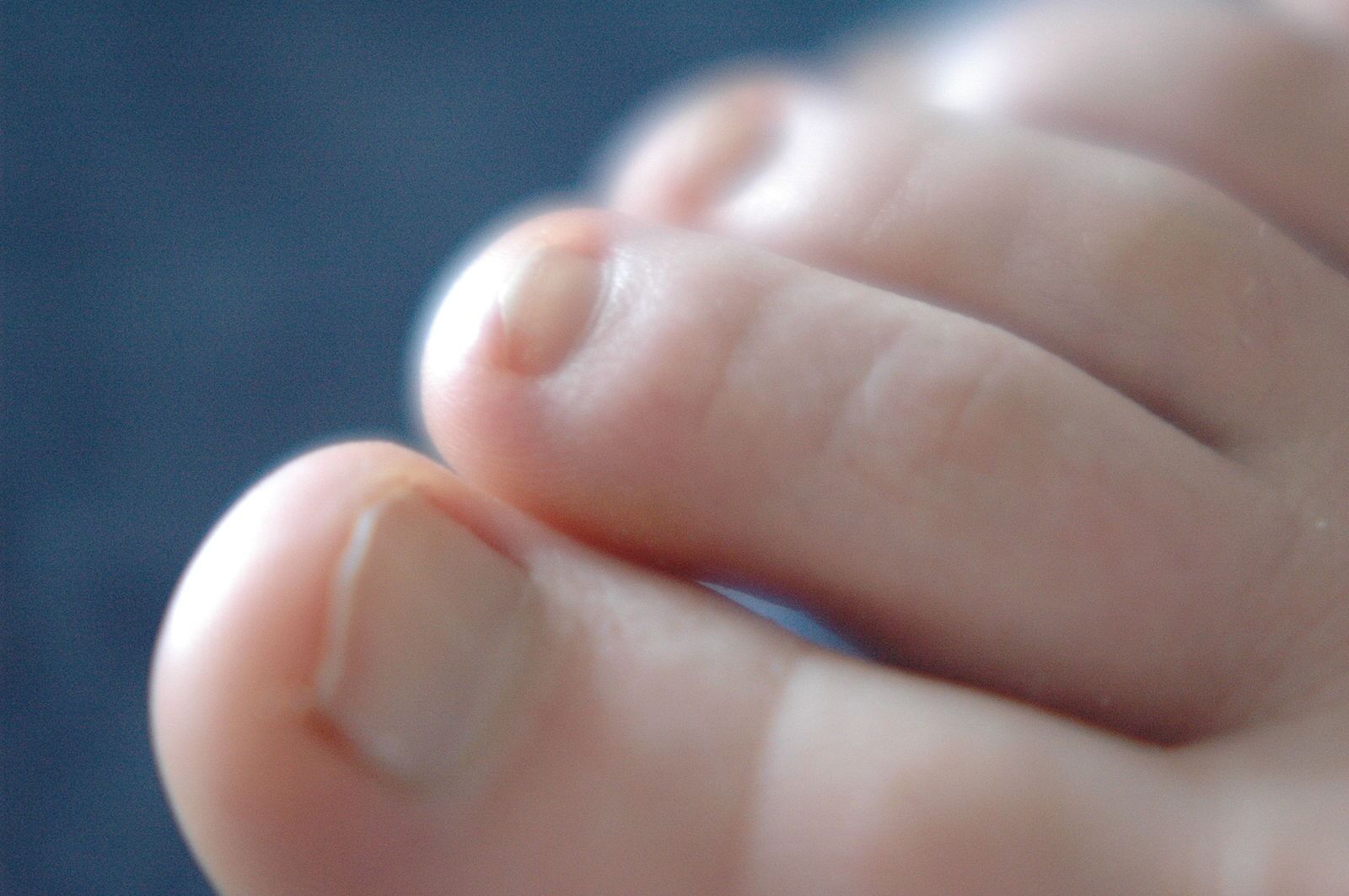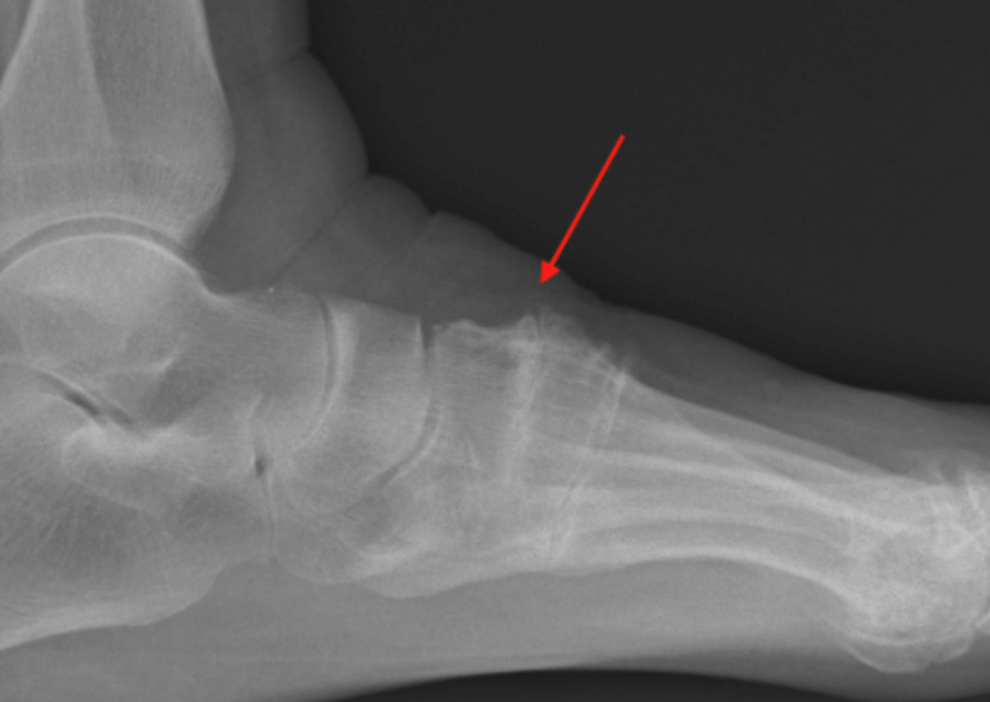arthritis
Displaying items by tag: arthritis
Dr. Brandon Nelson, Board-Certified Foot and Ankle Physician and Surgeon, Discusses Treatment Options for Arthritis of the Big Toe

Arthritis of the big toe or sometimes called hallux limitus or hallux rigidus involves degenerative arthritis of the big toe. It often presents as pain and swelling in the big toe and even limited range of motion. Patients often have a history of any injury like a turf toe type incision where the majority of the time this is genetic in origin. This typically starts from an anatomical misalignment or elevated first metatarsal where long-term jamming of the joint and pain and swelling begins.
The treatment options from a surgical aspect involves joint preserving procedures. Joint sparing procedures involve trying to increase the life of the joint.
Joint sparing procedures typically have consisted of cleaning up the joint which is very commonly called a cheilectomy. This can be done for early type arthritis. This has all been considered were course of early intervention and has had great outcomes.
Joint destructive procedures typically involve the use of implants or fusion. Implants of the big toe joint have fallen out of favor and are not utilized by many physicians. The stays and fusion continues to be the mainstay. However there are other options that become available, depending on the patient's needs. There are some physicians that advocate what is called an interpositional arthroplasty which seems to work well and provides some space in the joint to provide cushioning.
If you have big toe pain I am happy to help make an appointment at our office and we can see whether conservative or surgical options are warranted. Give us a call today at 425-391-8666 or make an appointment online today.
Sincerely,
Brandon Nelson
Board-Certified Foot and Ankle Physician and Surgeon
Dr. Timothy Young, a Board Certified Surgeon Talks About Midfoot Arthritis.

As we all get older there will always be some degenerative arthritic changes. One of the more common type is degenerative joint disease. This primarily affects the weightbearing joints of the body including the foot. In addition to normal wear and tear, some individuals have a foot structure that is much more prone to increased and disproportionate stress loads through the midfoot. The stress loads are one of the biggest factors leading to long-term arthritis of the foot. For example, an individual that has a large bunion, will often have poor mechanics and weightbearing function of the first metatarsal-this bone is designed to bear up to half the weight of the whole foot especially through propulsion and push off during gait. When this does not happen, a disproportionate stress load goes through the next in line second metatarsal. Eventually that stress load can manifest at the base of the second metatarsal where it articulates with the second cuneiform.
Over time this increased and disproportionate stress load causes premature and excessive wearing through this joint. Initially there is dorsal compression on the joint causing bone spurs on the top of the joint and increased wear and tear on the articular surfaces with thinning of the articular cartilage. Eventually this can become bone-on-bone. In mild and moderate early cases this can be treated mechanically with orthotics and appropriate shoes. As it becomes more pronounced and more severe than additional treatment options can be considered. At the moderate stage often times sympathetic joint lubricant can be utilized. It is critical to use ultrasound imaging to make certain that this synthetic joint lubricant goes directly into the appropriate joint. Our clinic typically utilizes supartz brand sympathetic joint lubricant. This same highly viscous solution is used, only in the knee and that is where the initial studies for utilization were done. If it is primarily a problem with a painful bone spurs on top then these can be surgically removed. However, usually this is just the tip of the iceberg and in severe cases the second metatarsal–cuneiform joint should be surgically treated with a fusion. This stabilizes the joint and illuminates the damaged cartilage and excessive motion here.
Give us a call today at 425-391-8666 or make an appointment online today.



